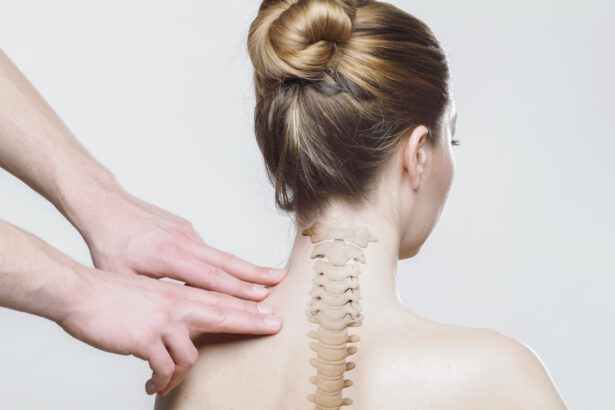Spina bifida is a birth defect that affects the surface of the spine. It’s also known as an open back syndrome or a void-fixation defect. In babies with spina bifida, part of the spinal cord comes through one or more openings in the foramen magnum (the opening at the base of the skull).
This helps keep the spinal cord from bending backward when a baby falls asleep, or during intercourse in adults. It also keeps foreign bodies from lodging in between vertebrae and pinning them inward. Without this protection, harmful bacteria and other things can get into the spinal canal and cause infections or other problems in a baby with spina bifida.
A diagnosis of spina bifida doesn’t mean that you have it. Other birth defects may be present but not be visible until later in life, such as Down syndrome and cerebral palsy.
If you have back pain days or even weeks after delivery, talk to your doctor about getting a back scan to see if there are any signs of damage to your spine early on in pregnancy.
If you have another condition that causes irregularity or pain during labor, don’t try forceps or Pitocin births just because your doctor has told you that you have spina bifida — it may interfere with your ability to safely deliver your baby naturally and protect your baby’s spine accordingly.
